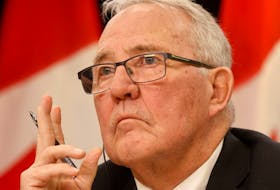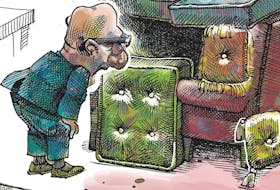Recent comments in the media have raised concerns that the 18-District Map will be detrimental to rural P.E.I., whereas a compelling case could be made that it would be the exact opposite.
First, let’s look at how poorly our current electoral system has served rural P.E.I. Feeling that the current Liberal government has ignored their concerns, rural residents have had to join forces to make their voices heard. Rural Strong and We The West organized around threats to rural schools. Islandwide Hospital Access put their volunteer efforts behind having equitable access to health care in rural P.E.I. And now unincorporated Islanders are showing that the government is ignoring the wishes of many rural Islanders.
With Mixed Member Proportional Representation (MMP), rural Islanders would be able to vote for the strongest representative for their local district. Then with their second vote, rural voters can choose the strongest rural candidate of the party that they believe would form the best government. If, once elected, their local MLA isn’t able to help them or make their concerns heard, they can go to a rural provincial MLA from the same party or a different party. In essence, rural voters (and all Islanders) will have increased their representation.
Roughly half of all Islanders live in rural areas and they are more diligent voters than their urban counterparts. A party that can field strong rural candidates (chosen by party members from across the Island) - can take advantage of that.
I was at the Electoral Boundaries Commission meeting at WestIsle Composite High School. People in attendance were operating under a number of misconceptions about how MMP will work. The Electoral Boundaries Commission should have had the duty to discuss all MLA representation under MMP, both District and Provincial, but the ridiculously narrow mandate of the Commission meant that they failed to clarify that the number of MLAs will remain the same and that each voter can have access to more than one MLA.
I urge the media to open up the discussion of what a change to our electoral system will mean to all Islanders instead of focusing on political theatrics. Proportional systems empower individual elected representatives. Studies have shown that PR systems are the most effective way to ensure consensus-style governance. Rural voters will benefit by ensuring that as many rural candidates as possible, from all political stripes, were elected. That will be the best way to make sure that there is a significant rural presence at the policy-making table.
- Brenda Oslawsky lives in Kensington and is the vice-president of Fair Vote Canada, a member group of the P.E.I. Coalition for Proportional Representation.









